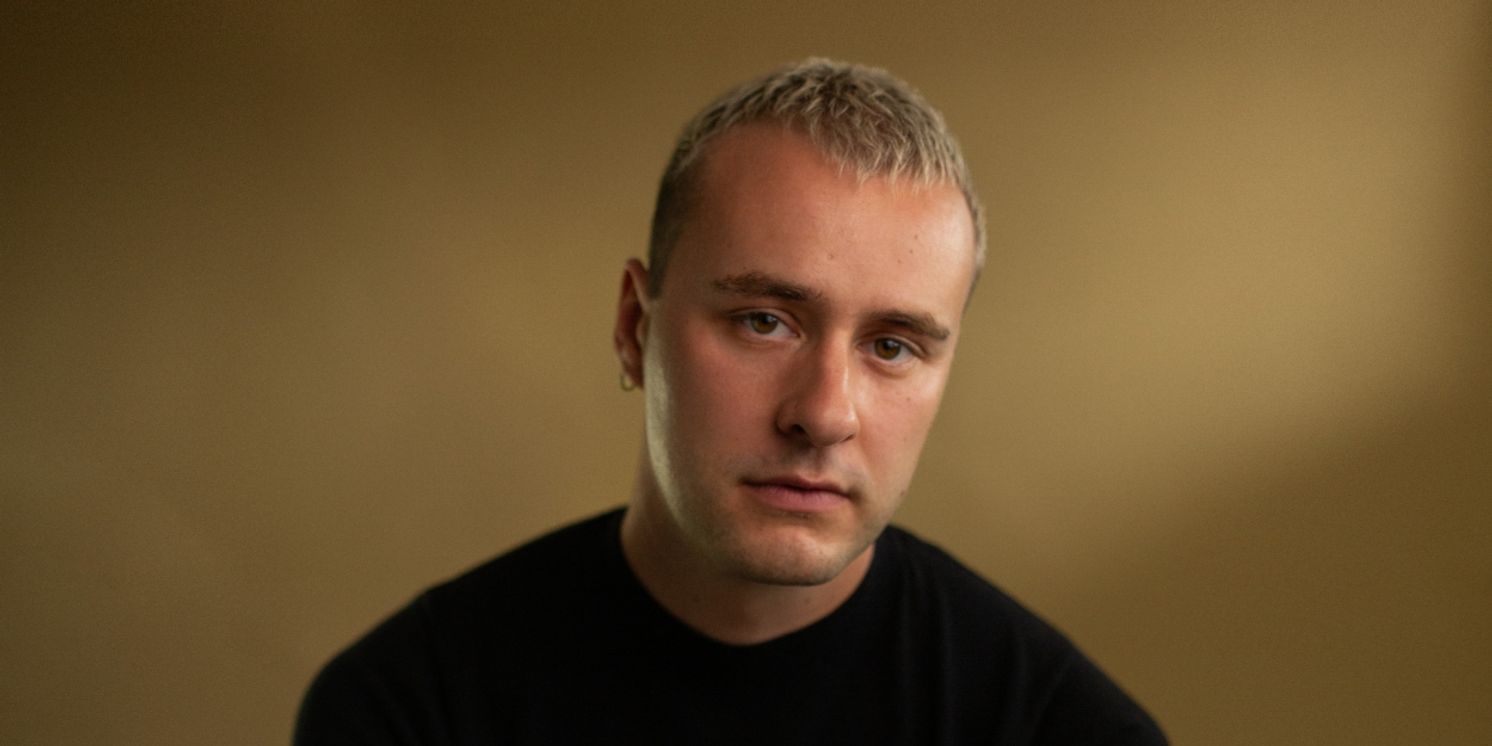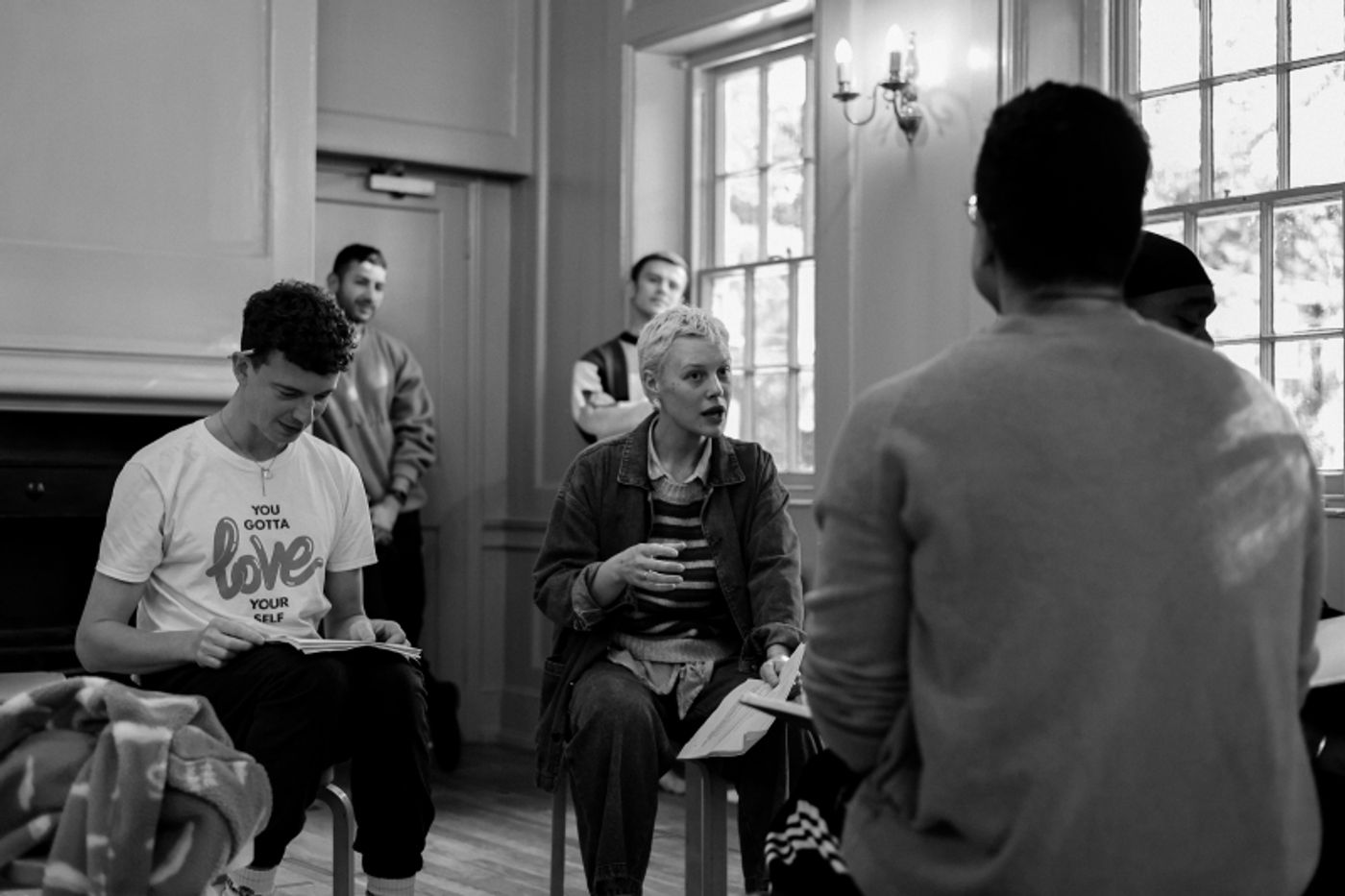Guest Blog: 'We Have So Much More to Say': Writer Louis Rembges on the Importance of Queer History Beyond the 80s and His New Play ON RAILTON ROAD
"We fight the same fight through time."

Cockroaches in heels: The importance of queer history beyond the 80s
I’ve written before about the cyclic nature of queer history. How a poof (‘I’m NOT a poof you can’t SIT on me’ - Louis Rembges, year 7) from Sheffield in 2023 can look at an archived photo of a butch lesbian in a squat in 1970s Brixton wearing the same cropped vest (ribbed, square neck, bungee straps). How we fight the same fight through time; passing the flaming sword between generations to lop another Thatcher off the hydra that is the Tory Blind-Panic-Scapegoat-Marginalised-Community-Plan, but maybe that’s overly simplistic.
All history is cyclical, it’s not just Tory prejudice we’re facing and when you chop the head off a hydra, only two grow back.
Instead of a circle, let's call it a cat’s cradle. Someone stands over you and loops a single length of string over and over, back and forth through your fingers until it becomes a personal kaleidoscope, a divine pattern in the palm of your hands. Carefully the other person reaches through the cradle, wraps it around themself and lifts, and if it’s done right the pattern inverts and transfers and is taken away from you. The shape exists exactly the same, unbroken, just with someone else now.
Essentially what I’m saying is playground bondage is a better visual representation of how I’m learning to view our history, how it isn’t trauma repeating that connects us, but individual experience and identity.
My experience of a queer community is a hodgepodge of people connected by the lived experience of being queer, and celebrating the differences within us that exist outside of it. We have always been here, living a thousand lives, being the exciting corner of whatever nighttime we populate, the only club still open, the new music, the new clothes, the new politics. From drag shows entertaining landed gentry in molly houses in 18th century London to today’s straight raves trying to emulate the spark within queer nightlife; regardless of whichever flavour of prejudice is in circulation, we’re always on a mood board somewhere.
That’s just the evenings of course, of which we’re famously good at. Maybe because we experience so much life - how fast it is, how good, how bad - is why we understand it so much, and understanding something means pulling it apart, dissecting, putting it back together. But if queers have the understanding that a good party is gleefully putting life in a Nutribullet for a bit, imagine the understanding we have for the rest of it, the industries we can triumph, the work we can DO, have DONE, a cat’s cradle of brilliance through time.
I’m not arguing that every good invention or historical revelation or literary achievement is inherently queer, but then again I probably am.
So why have we heard so little about it all? Channel 4 six-part-drama-wise I mean. It’s there, it’s all there, there’s no end to what we’ve been up to, the limit does not exist*, yet queer history in modern storytelling is mainly reduced to our trauma of the 80s. I would argue this is mainly for straight audiences, because as important as it is that this story is told and known, the queer community already know. We lived with it, we live with it now. And we have so much more to say.
I’m tired of queer stories on stage and screen ending in death, violence, so that straight people feel empathetic and cry and then go home feeling good about being so open minded.

On Railton Road is a single story from a single postcode in 1970s Brixton. It contains the collective lives of the queer men and women who lived there, partied, raged, revolutionised and challenged the politics of the era (both anti-queer and anti-establishment in general), and saved a row of houses from demolition that still exists to this day. In that way it’s a simple story - it’s human life, human relationships, human achievement. Which is why it deserves to be told.
I like calling us cockroaches in heels because it’s funny and the imagery of a cockroach in thigh highs is gorgeous, but it’s what we are. 1970s or 2020s, whatever the weather, just follow the good music, (or the smell of amyl nitrate). You’ll find us.
*Chaucer
On Railton Road is at The Museum of the Home from 31 October - 18 November
Photo Credit: Patch Bell, Patch Studios
Videos

